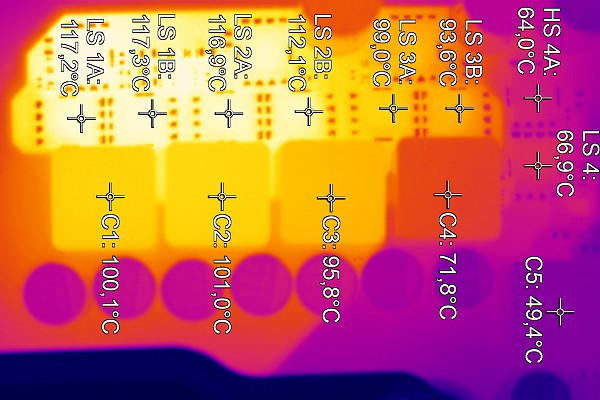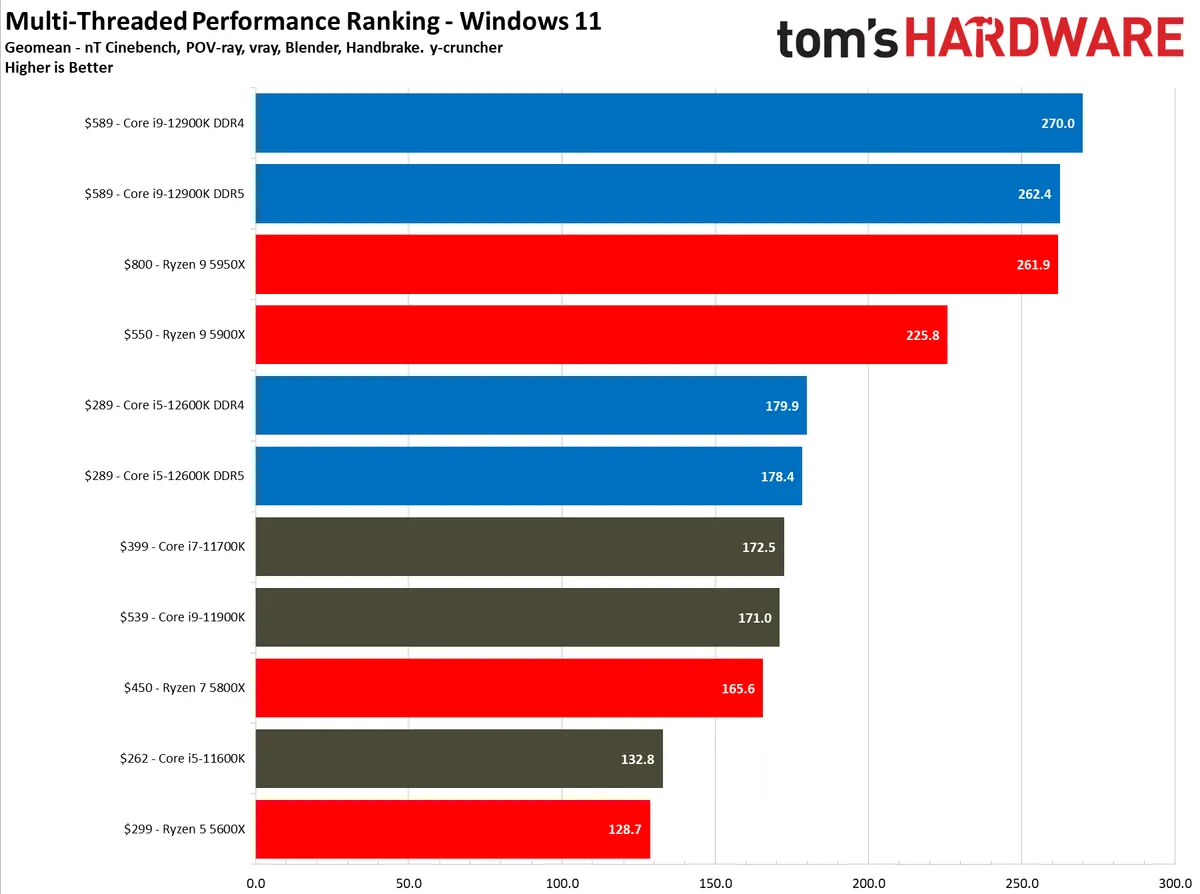So either I somehow wrote in a different language than English, reading got exponentially harder all of a sudden, or you misunderstand what I said on purpose (or didn't read at all...), because I got a seriously hard time wrapping my head around where your problem even is. I kinda rule out one and two since I clearly wrote in English and others understood me, too. Anyways. Here we go.
First. Neither of those boards even match my qualifier, namely, 5 years or older.
Second, the 500 chipaet it literally AMDs latest, so it doesn't count at all, ever, in this context. Again, since that didn't seem to connect, I am talking about upgrading from the first or maybe second CPU generation of Ryzen CPUs on a first generation board to the latest generation.
Third, if that isn't enough, "not utilizing the CPU to its fullest" does not mean only the raw performance of the CPU itself, but also stuff like connectivity. Some modern graphics cards will have huge performance losses, and future ones, if rumors are true, might have, too. Why? They only use 8 instead PCIe lanes, and those old boards have PCIe 3.0, which, again, causes problems. Unfortunately times two, those vards that exist today are also cards you would expect in a cheap system like this, just for the double ouch. However, you will also lose access to PCIe 4.0 M.2 SSDs, which can be an issue for some users, and possibly also fast RAM plus OC depending on the board. That's a lot of cuts.
Fourth and last, are you seriously proposing slapping a high-end CPU on a board with crappy VRMs like these?
I mean you can, I guess, if you don't mind your great shiny new CPU dying after a year or two, or your board. Pretty zure that anyone who even considers bying one of those does, though. If you want your CPU to thrive, get a board with more than 6 crappy power phases. AKA one that isn't trash.
How much watts can an A320 motherboard really handle in practice and which CPU should be used maximally? | Practical test and VRM analysis | igor´sLAB
Active euthanasia is highly controversial, only that many end users deliberately hide it when choosing the motherboard. After a thick CPU and graphics card, the space for the substructure is often…www.igorslab.de
I can't currently check any more specs etc for those boards since my mobile connection is agonizingly slow this morning for some reason, but what I have seen so far is more than enough I need to k ow to steer far, FAR away from those cheap trash boards... and that doesn't even have anything at all to do with what I was even talking about in my post.
Also, again because you apparently didn't get that, either. Boards with good features will be far too expensive for anyone with a small wallet.
Next time you start insulting I'm reporting you. Even if it's wrapped in insinuations.
And you should've read everything I wrote, as second board is 320 chipset. Ok so by BIOS releases it's "only" 2018 board, not 5 years old, sorry! And I did specifically say buying board with good features, and with AMD all these new boards will be PCIe 5.0. What else do you lose on early AM4 boards? USB 3.2 2x2 or whatever they call it these days. Plug a 20$ PCIe card 6 years later and you have it. The PCIe 4.0 was short lived and is an exception so far. Plus 5.0 SSDs and GPUs will be go on for years as it's getting harder to saturate, so when 6.0 comes in several years those 5.0 cards and drives will still feel fresh. Even today 3.0 NVMe is competitive to 4.0 in real world due to random performance.
And yeah, my phone surfing is hard as well, so I didn't bother searching for THE oldest AM4 board, I went to what's selling now and both cheapest boards I looked supported all CPUs.
So to save your time and mine, here is first result from Google, article about upgrading 2017 MBO (220$ back then) with 2022 CPU (only 5600):

Upgrading to Ryzen 5 5600 from Ryzen 5 1600: How Much Faster?
This is a benchmark session, as usual, where we'll be taking an old Ryzen 5 1600 system and upgrade it with the Ryzen 5 5600 to see what's what on gaming.
 www.techspot.com
www.techspot.com
Will that happen for everyone? IDK and I don't care. But there is a good chance that buying a B650E motherboard in late 2022/early 2023 will eventually run Zen 6, at full speed, and even keeping "only" PCIe 5.0 shouldn't matter at all. Certainly more so than buying Intel system in same timeframe and expecting to run Meteor/Arrow/Lunar Lake CPU in what was Alder/Raptor Lake generation.
As for tight budgets, there's also people that have money but don't want to overspend. So let's see, 800$ for AM5/Zen4/DDR5 in let's say Jan 2023, then 300$ for just Zen 6 CPU in Jan 2026, and you have very good system all the way to 2029. Total 1100$. Alternative, buy DDR4 AL/RL system, spend just 550-600$ for lower initial performance, then upgrade in 2025 for let's say Lunar Lake buying again lower end system for 500-550$ (to keep budget at 1100$) and having to upgrade again in 2027? Or buy 1100$ system with Raptor Lake and try to keep going till 2029? I know which I'd choose (everything else being roughly equal).
Anyway, I'm not telling you what to do, so don't get annoyed so much. Forums are to discuss, not to force your opinion on someone. And we went off topic. Point was just to say that performance and feature set being roughly equal, there are only a few things perhaps swaying some buyers opinions. And some people see upgradability as a perk, some don't, that's all, so some may be swayed to AM5, some will look for other stuff to tilt the scale one way or the other.
Edit: multiple phone typos and stuff 😛
Last edited:


